The Polyamorous Playbook: Rethinking Relationship Rules
Polyamory translates to many loves and is one of the many diverse relationship structures under ethical non-monogamy. At its core, polyamorous relationships are based on the belief that love and intimacy are not limited resources and, therefore, it does not make sense to limit romantic relationships. This can take a variety of forms involving multiple one-on-one relationships as well as group dynamics. Keep reading for some myth-busting, types of polyamory, and tips to navigate the challenges of polyamory!
Different Types Of Polyamorous Relationship Styles
Parallel Polyamory vs. Kitchen Table Polyamory (KTP)
To help explain this, let's use some popular terms in polyamorous spaces: paramour, metamour, and polycule. Everyone you are dating is considered a paramour, and every one your paramours' date is your metamours. The system or network of people involved in these relationships makes up a polycule.
Within parallel polyamory, metamours are unlikely to know or know one another well (like parallel lines that never meet). Everyone would be aware of the structures or non-structures at play but wouldn't necessarily meet and get to know each other. Kitchen table polyamory generally refers to dynamics in which people know one another well enough to form bonds and can share a meal (aka, sitting at a kitchen table together).
Triads & Quads
Triads, or throuples, involve three people. Triads or throuples can look like three people dating one another or one person dating two other people. Quads are similar to triads but with four people. Any number of combinations are possible here, including all four dating one another or two couples coming together where one person from each couple dates another. Polyfidelity is possible in triads and quads. Polyfidelity entails the parties involved in these triads or quads only dating people within the group.
Hierarchical Polyamory
Hierarchical polyamory is defined as having partners within a hierarchical structure or at different priority levels. Within this style of polyamory, one may have a spouse, a regular partner, and casual lovers. This is often referred to as primary, secondary, and potentially tertiary partners. One can be committed to multiple partners within this style but are more likely to cohabitate and/or have children with a primary.
Solo Polyamory & Relationship Anarchy
Solo polyamorists are people who may have multiple loving and connected relationships while prioritizing themselves as the most important relationship. These folks will likely live alone and not "nest," building a home with life-long partners. Relationship anarchy, which exists outside of polyamory as it relates to all relationships, rejects labels, limits, and rules altogether.
The Critical Polyamorist, AKA Kim TallBear, an Indigenous scholar, talks about solo polyamory and relationship anarchy as possible divergences from "Settler Sexuality" -- structures of sexuality and partnering based on values from colonization if you are interested in exploring a critical analysis.
Debunking Popular Polyamory Myths
Myth #1: Polyamory Is The Same As Cheating
Cheating, by definition, is an act of dishonesty. It's about breaking the boundaries one has set up in a relationship. Polyamory, on the other hand, is based on consent and awareness. Everyone participating must be aware of the relationship structures to fully consent to involvement. If folks are kept out of the loop or other boundaries are broken, it wouldn't fall under polyamory because it would be cheating.
Myth #2: Polyamory Is A Fear Of Commitment
When working with clients, I often ask them to define words because we take for granted that our definitions are accurate or universally accepted. According to Merriam-Webster, commitment is "an agreement or pledge to do something in the future," yet many people confuse it with monogamy. Many couples are monogamously dating but haven't committed to a future together, and lots of polyamorous people have committed (and others who have not) to be with one or more people in the future. Being open to more than one relationship does not have to influence one's ability to commit to some or all of those relationships.
Myth #3: Polyamory Is All About Sex And Orgies
This is probably my favorite to discuss because even if someone does engage in polyamory solely to have lots of sex, as long as it's consensual, where's the issue? This myth seems centered on policing consensual forms of sexual expression while being inaccurate for many. While sex can definitely be a motivating factor for some, there are polyamorous relationships that never involve group sex and others that never involve sex at all. There are asexual people in polyamorous relationships who have multiple satisfying romantic connections without involving sex.
Myth #4: To Truly Be Polyamorous, You Must Be In Multiple Relationships At All Times
You can be a polyamorous person and experience times when you are wholly single or with only one person. For some, polyamory is about the opportunity to be open to romantic and sexual possibilities as they arise and not about actively seeking out multiple partners or lovers.
Expert Tips To Make A Polyamorous Relationship Work
Set Boundaries
There is no one way to define polyamorous boundaries or expectations. Some people's structures mimic monogamy in having many specific rules or limits around who partners can date, the types of relationships they can engage in, and the types of activities. Conversely, polyamory can look like sharing needs within each relationship, triggers, and communication techniques without creating boundaries or limits around how partners engage with others. The commonality in various forms of polyamory is the expectation that relationships are based on communication and consent. If you are considering polyamory or ethical non-monogamy, download my FREE Navigating Polyamorous Relationships Guide that covers these topics you might want to discuss to help start your polyamory journey.
Communicate Your Needs
Another common myth is that polyamorous people do not experience jealousy. In reality, polyamorous people are more likely to discuss what triggers jealousy, reflect on what they need to feel secure in their relationships and communicate this to their partners. Polyamorous relationships are unlikely to be successful without being willing to be vulnerable and communicative regularly.
Manage Relationship Expectations
Polyamory often requires a significant level of care and consideration. Potentially, a lot of scheduling, feelings processing, and check-ins are needed to maintain multiple healthy relationships. When new partners arrive, it can be difficult not to get lost in 'new partner energy,' which is excitement around a new partner and can leave paramours feeling undervalued. It can also be easy to feel exhausted, overly scheduled, and lonely if/when all of your partners are busy with other engagements or people. For a hilariously wonderful description of polyamory, check out Dia Davina's The Polyamorous Mating Habits of the North American Red Squirrel.
There Are No Perfect Relationship Styles
Polyamory isn't for everyone; like serial monogamy, there are challenges. It's essential to choose a romantic and sexual partnering style that works for you. Have more questions? Let me know in the comments!
There are more relationship styles in existence than monogamy. It’s important to find a relationship style that best works for you. Lala's Bedtime Tales’ mission is to provide a safe space and judgment-free zone to educate yourself on sexual health & wellness. The Sexual Health & Wellness corner will have monthly articles dedicated to continuous education on living a positive and sexually healthy lifestyle. Subscribe to Lala's Bedtime Tales Newsletter and follow @LalasBedtimeTales on social media to never miss any sexual education to help you live the healthiest life possible. Also, check out Lala's Bedtime Tales Podcast and Lala's Oh So Exclusive Patreon account for even more content! If you’re browsing for sexy pleasure products or cute giftable items, then check out Lala’s Pleasure Shop.
Lala's Bedtime Tales Disclaimer
The content displayed on this website is the intellectual property of LaLa's Bedtime Tales "The Creator". Without our written consent, you may not reuse, republish, or reprint such content. The subject matter on LaLa's Bedtime Tales is provided by licensed medical providers and from reputable sources but is meant for educational and informative purposes only. It is not meant to be used for self-diagnosing or self-treatment any health-related conditions. While the information has been peer-reviewed by a licensed healthcare provider for accuracy, we cannot guarantee any inaccuracies as healthcare is rapidly evolving, and this information should not be used to substitute professional medical advice in person. The Creator is not responsible or liable for any damages, loss, injury, or any negative outcomes suffered as a result of personal reliance on the information contained on this website. The Creator also makes no guaranteed positive outcomes. Information is also subject to change as needed without notice, and "The Creator" reserves the right to do so.
Please consult your healthcare provider before making any healthcare decisions and ask for guidance for specific health conditions. Please do not disregard the advice of your healthcare provider or delay seeking care for health care conditions.





